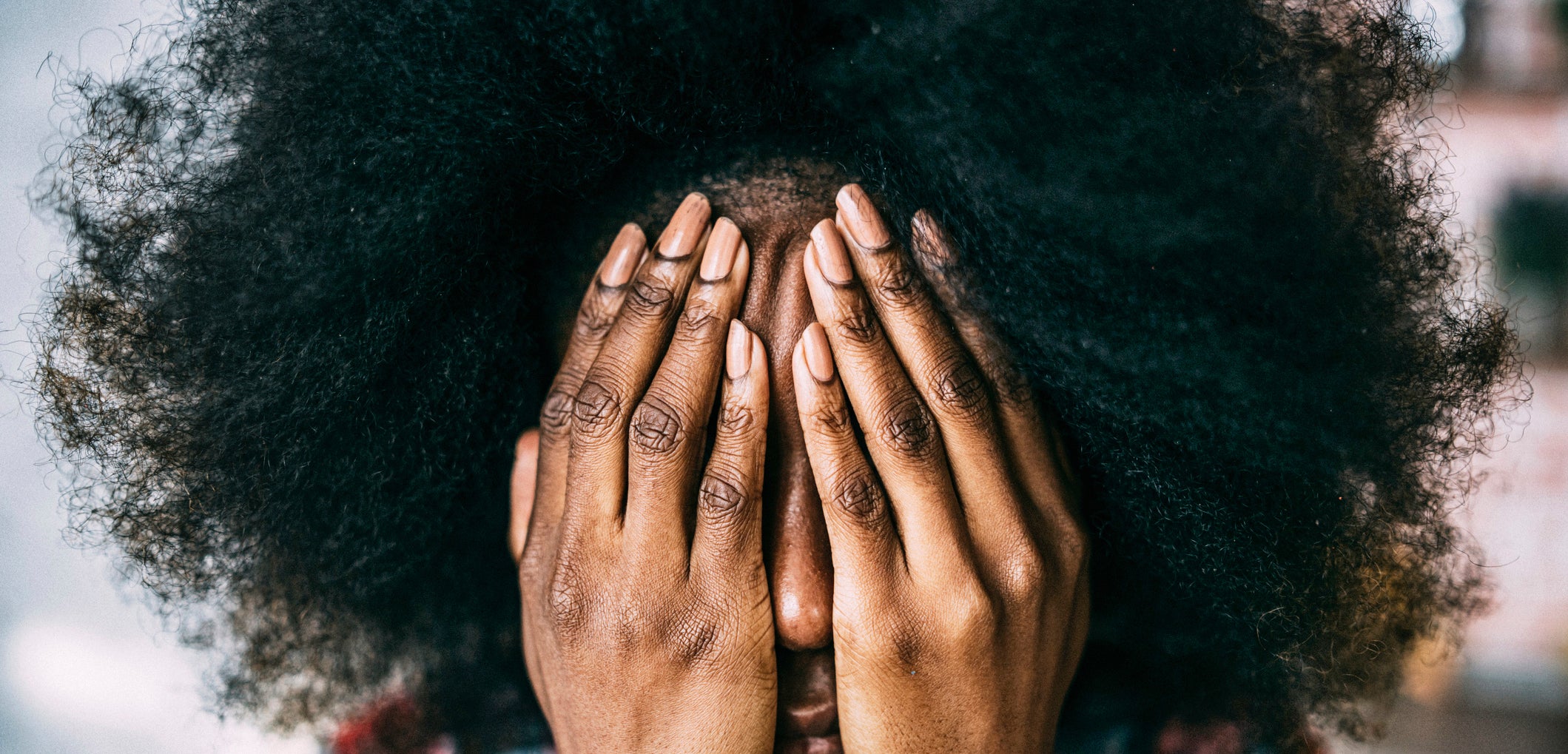I was 19 years old the first time a white person called me a nigger. I was a sophomore in college, working as a resident assistant on an all-male floor of my college dorm. My position sometimes meant having to write disciplinary reports when my peers were drinking underage or violating noise rules. A white boy, who couldn’t stomach the fact that a Black woman had some type of authority over him, carved the words “nigger RA” in the wall of the men’s bathroom because I’d written him up for throwing a wild party in his room. The dean decided to pursue criminal charges against the resident, and he was swiftly expelled. But the school also tried to hush the incident to avoid bringing itself bad press while a major movie was being filmed on campus. The traumatic memory of that experience is like a scar – faded but never disappeared.
No matter how subtle or extreme the case may be, most Black women I know have had some sort of experience with racism, and that’s because there is no corner of society where it doesn’t exist. From the emergency rooms where doctors don’t believe our pain to the board rooms where our competence is questioned, Black women are constantly having to fight twice as hard to get even half of the respect we deserve.
In addition to fighting for ourselves, we’re consistently having to fight for others too. The climate of what’s happening across the world only shines a brighter light on that. Following the deaths of George Floyd and Breonna Taylor, the world has suddenly erupted in upheaval demanding that their killers be brought to justice. People from all walks of life, who were once indifferent to racism, suddenly have awakened to the reality that it exists perpetually and not just situationally. They’re finally rolling up their sleeves to help Black women do the work we’ve already been doing for centuries.
Yes, being a Black woman is hard. But hear me, sister. You deserve to rest.
Systemic racism not only attacks our wellbeing, finances and physical safety…it also attacks our spirit. We’re tasked with constantly proving that we’re human and deserve the same rights as everyone else. That has the potential to deteriorate our mental health and plant seeds of trauma.
Currently, there is a laundry list of diseases that disproportionately affect Black women. We have a 1 in 9 chance of developing breast cancer. We are more likely to die from cervical cancer (a totally preventable disease). We are 2 to 6 times more likely to die from complications of pregnancy than white women, and 1 in every 2 Black women in the U.S. has heart disease. Often, the blame is put on factors like lack of access to healthcare and poor nutrition. While those reasons are valid, we don’t always mention the silent killer that is stress.
Stress is one of the leading causes of racial and socioeconomic health disparities. A 2018 report by the American Psychological Association (APA) found that chronic stress was more prevalent in Black people – 22 percent of whom live at or below the poverty level. Not being able to make ends meet, combined with the continuous discrimination we’re exposed to, makes our bodies more vulnerable to stress-induced illness and shortens our life span.

Of course, we didn’t need a formal study to believe that the stress of being Black is palpable. While shouldering the burden of racism, many of us are head of households. We’re running businesses and pursuing degrees. We’re fighting for equal pay. We’re wives, mothers, and pillars in our community. We’re teaching our children how to survive in a world that will judge their skin color before their character. We’re learning to nurse our wounds in a world that routinely devalues us.
Just as Rome wasn’t built in a day, neither was the structure of white supremacy. As we seek to dismantle it brick by brick, give yourself permission, Black woman, to take a break. Use your anger as fuel for change, but unplug from social media and turn off the news when you feel your anger and sadness has become debilitating. Practice deep breathing exercises when you feel bogged down with the responsibility to make your life and the lives of your people better. Remember that you are only human, and you have a right to not be ok.
These are all things I wish I’d done when I became a hate crime victim in my college years. At the time, my instinct was to soldier on, bury it, and put on a strong face. It’s what my mother and her mother did with their pain. But through educating myself and healing, I’ve learned that it is not wrong to be vulnerable. It is also not wrong to take a mental health break every now and again. It doesn’t mean you don’t care and it doesn’t mean the job won’t get done. It just means that for right now, you’re taking care of you. After all, you can’t pour from an empty cup.
